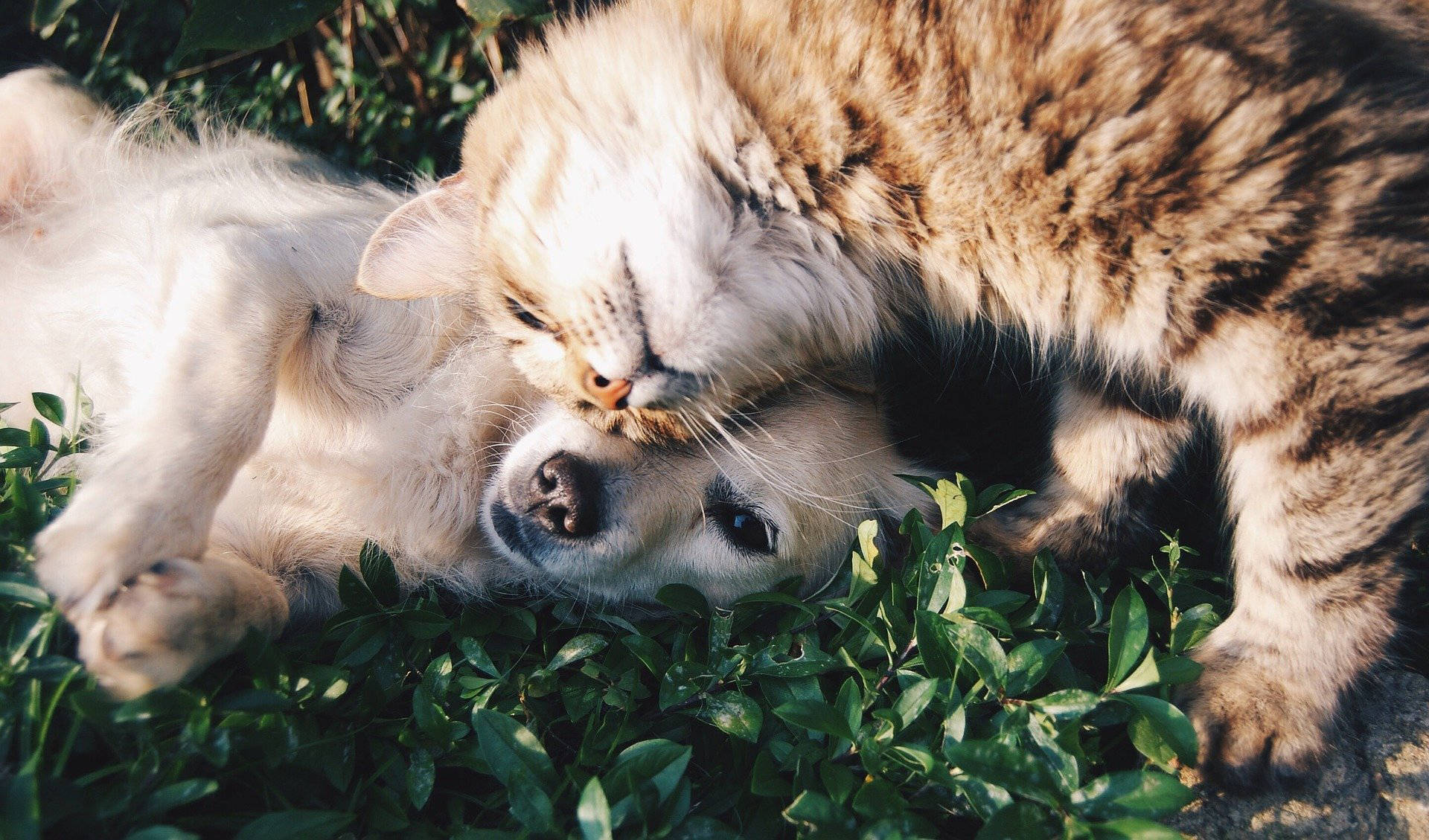February isn’t just a time to celebrate love for the humans in your life.
It’s also a chance to show care and affection to the furry members in your household.
Feb. 20 is “Love Your Pet Day,” which, if we are being honest, is every single day of the year. But nonetheless, this is a designated day to do something a little special for your animals — whether it’s bringing home a succulent bone, giving your dog a massage or offering your feline a little catnip.
If you don’t own a pet, consider sharing some love with animals currently up for adoption at the Orcas or Friday Harbor Animal Shelters. There are always dogs that need to be walked and cats in need of someone to ignore. If you are short on time but have some spare change to give, the protection societies gladly accept donations.
February also happens to be National Spay/Neuter Awareness Month and Feb. 25 is World Spay Day. If you haven’t done this for your dog or cat yet, we urge you to consider it.
According to the American Society for the Prevention of Cruelty to Animals, 6.5 million animals enter U.S. animal shelters nationwide every year. That number is about evenly split between cats and dogs. In 2011, the number of pets in shelters was 7.2 million.
Each year, 1.5 million shelter animals are euthanized (670,000 dogs and 860,000 cats). The number of animals euthanized in U.S. shelters annually has declined from approximately 2.6 million in 2011.
The best way to help the homeless pet crisis? Spay and neuter your animal. There are also medical and behavioral benefits to fixing your dogs and cats such as females will no longer go into heat and males are less likely to roam and mark territory.
The Orcas Animal Shelter offers low-cost spay and neuter services for anyone; there are no income requirements. Call 360-376-6777 for more information or to donate to the program.
The Animal Protection Society of Friday Harbor offers the following programs:
TNR (Trap-Neuter-Return)
Promoting a humane alternative to euthanasia for managing and reducing feral cat and dog populations. TNR relies on the sterilization of cats or dogs so that they don’t breed. Trap-Neuter-Return begins with the trapping of feral animals using humane cage traps. The captured ferals are taken (in the trap) to a vet clinic where they are sterilized.
Typical TNR programs also involve providing the animal vaccinations against certain diseases like rabies, feline panleukopenia, herpes and calicivirus. Finally, they are marked so that they can be easily identified as a sterilized feral, usually by cropping the pointed end of the ear so that it has a square appearance (known as ear tipping) or cutting a notch at the tip or on the side of the ear.
Low-Income Spay and Neuter
This provides low-cost or free spay and neuter services for cats and dogs owned by qualified, low-income Island residents. Most applicants will be approved for the program if they already receive some type of public assistance, such as food stamps or Medicaid. Low-income pet owners not receiving public assistance may still qualify for the program and are encouraged to apply. To participate in the program, pet owners can obtain an application by calling the shelter at 360-378-2159.
Our animals bring unconditional love and joy into our lives. Let’s return the favor by responsibly caring for them.




